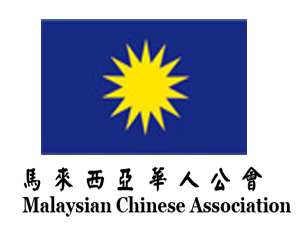MALAYSIA – The Malaysian China Association (MCA), a Malaysian political party that represents the Malaysian Chinese ethnicity, assures support for business suffering from the depreciating currency and the effects of the Goods and Services Tax (GST).
MCA President Datuk Seri Liow Tiong Lai acknowledged that more businesses in Malaysia are now burdened by the depreciating ringgit, especially those involved in imports.
The ringgit has already fallen to a 17-year low against the US dollar. The local currency was down down 20.1 percent against the US dollar from 1 September 2014 to 11 August 2015.
The Malaysian Star quoted Liow as saying that the government will allow the ringgit’s depreciation to halt the economy. He added that strengthening the ringgit was among the issues discussed during the Cabinet meeting last Wednesday.
He also stressed that the Malaysian government is considering financial support to help business during this challenging times.
He, however, clarified that the current situation in the financial markets is not a repeat of the Asian Financial Crisis of 2007. He added that Malaysia’s economic fundamentals are still strong.
Ringgit To Rebound – Central Bank
Last Thursday, the central bank, Bank Negara Malaysia, announced that despite the fall of the ringgit, it will not pet the local currency.
In a news conference, Central bank governor Tan Sri Dr Zeti Akhtar Aziz expressed confidence that the ringgit will be able to rebound once the United States raises its interest rate.
Malaysia, he added, has a flexible exchange rate regime that allows the country to adjust, thus, Bank Negara will not peg the ringgit or implement capital controls.
Zeti said the impact of the local currency’s decline remains manageable and the country’s resilient domestic and external fundamentals will contain and mitigate the impact of the depreciation on growth and inflation.
Malaysia’s Economic Growth Slowest in Two Years
Malaysia’s economic growth in the second quarter of this year was slightly above expectation but was the slowest pace in almost two years.
Government data showed the country’s economy expanded 4.9 percent in the June quarter, even as the country posted weak commodity prices and domestic demand.
The country’s economy managed to sneak past expectations of 4.5 percent growth but was down from a 5.6 percent growth posted in the same period in 2014.
The growth pace is the slowest since the third quarter of 2013, when the economy also expanded 4.9 percent. – BusinessNewsAsia.com
